NewStart recently travelled to Bristol to see if the city’s reputation for creativity and innovation can help tackle some of its infamous inequalities. In the first of a four-part series, Thomas Barrett met Jez Sweetland, director of the Bristol Housing Festival.
As a first-time visitor to Bristol, it’s easy to see why the city regularly tops ‘best places to live‘ lists.
Good-looking people buzz around on bicycles and unpretentious cafes and pubs adorn either side of the River Avon — it’s not as uptight as London, as rainy as Manchester or as congested as York.
However, Bristol’s unique pull has come at a cost in the form of an increasingly lopsided housing market. Developers have moved in and prices have soared, leaving many young people and families left out of the conversation altogether.
To help incubate new ideas that address the city’s housing crisis and rebalance some of those inequalities, the five-year Bristol Housing Festival was born in 2018.
It’s hoped that by 2023, the festival will help drive through several modular housing communities in the city.
‘Innovation is always time hungry,’ says festival director Jez Sweetland.
‘If we always do what we’ve always done, it’s safe,’ he says.
‘That process to ascertain risk and discover new pathways takes time, effort and energy.’
Taken for granted
Jez Sweetland. Bristol Housing Festival’s director.Bristol has a strong track record of creativity and innovation — but Sweetland says the city must not take that reputation for granted.
Last year the festival held its inaugural public expo on Waterfront Square that saw ZEDpods, Totally Modular, We Can Make, Tempo Housing and Iso Spaces display different types of modular housing to the general public.
The festival is designed to open up the conversation around housing so it’s the opposite of an inward-looking, industry-focussed talking shop.
Sweetland says it will evolve and adapt over the next few years but it will always remain about putting communities at the heart of housebuilding.
‘We wanted to talk to the city and say, “This is our city and these are the opportunities”,’ he says.
Bristol City Council is a partner in the festival and last year Cllr Paul Smith said it will make Bristol ‘the centre of the modular housing revolution, not just for the UK, for the world’.
A bold claim, perhaps, but the council is a huge landowner in the city and, like many local authorities, have now set up their own housing company.
However, securing land from local authorities is a common complaint of the smaller and more innovative housebuilders.
‘Building a house has never been the difficult bit,’ says Sweetland.
He hopes the festival will also focus on what comes before, and after, development.
‘The challenge is how to get the land, particularly when it’s local authority-owned.
‘With industry, most place-makers talk about, “How do we create places that people want to live in?”
‘But industry tends to leave the moment the houses go up and say “Job done”.’
‘The festival is interested in the next piece of the story and asking “How do we create really healthy and resilient communities?”‘
Zed Pods
ZedPodsOn paper, ZedPods, which are modular homes built above car parks, might not sound like the most appealing places to live.
However, they could help to provide much-needed housing for some of the city’s most in need.
After debuting to the public at last year’s expo, the company behind them has now received planning permission for 11 units on Chalks Road car park, next to St George Park in the city.
The homes have been optimised for energy efficiency and use solar panels to generate renewable electricity in the day, quiet-running heat pumps for low energy heating, controlled ventilation which recovers usable heat from inside the building whilst bringing in fresh air, triple glazing, LED lighting and energy-efficient appliances.
Sweetland says they might be occupied by young people who currently live in hostels, giving them a more secure tenure — and hopefully firming up foundations so they can start thinking about skills and training, eventually taking on mentoring roles for other young people in Bristol.
‘If you can create a narrative around them we can start to create new models,’ he says.
However, Sweetland says modular isn’t the ‘panacea’ to every housing woe.
‘It’s interesting because modular uses a different business model to traditional housebuilding. You have to ask different questions about funding, procurement, legal frameworks, quality and sustainability.’
The 300,000 question
Many within the housing industry believe the government’s target of seeing 300,000 homes built in the UK every year has become a bit of a millstone around its neck.
To some, it’s led to a build at all costs mentality, with developers forcing through low-quality units past impotent local authorities.
And it’s built a huge distrust of development from the general public.
Open a local newspaper from Harrogate to Hastings and there will be a residents’ group somewhere protesting about a new development.
There’s often an assumption that development is making somebody from outside that community very rich but Sweetland says it’s not that simple.
‘Clearly, we need more homes and we need to enable more housebuilding,’ he says.
‘What worries me is if we build 300,000 more houses but we aren’t thinking about creating healthy and resilient communities.
‘We could end up creating homes in stressed environments, and people under stress don’t flourish. Then we run the risk of relationship and family breakdown.
‘What if half of those households split? Then we need another 150,000 houses.’
‘We need to focus on the purpose of housing which isn’t just four walls and a roof.
‘It’s more than that it’s about creating healthy, interdependent communities and that’s not easy.’
A moment in time
Sweetland says the public now recognise that the housing crisis is serious and understand that innovation will be critical in answering some of the key questions.
However, he warns that innovations must not be seen as a shortcut to just producing more homes and believes the housing festival will be crucial in getting this message across.
‘It’s critical for society that we don’t let the supply chain around housing be about building housing faster and cheaper.
‘That can’t be the goal.
‘If we don’t work out what the purpose of housing is for, we will have a legacy problem.
‘We don’t want to say, “Gosh, we missed the moment when we had an opportunity to determine the clear objectives and quality of place”.’
The Bristol Housing Festival will continue with a two-week programme of events from Monday 21st October to Sunday 3rd November 2019 and will include:
- A series of public talks.
- An industry focused conference day.
- A public display in Bristol city centre.
Read more about the festival here.











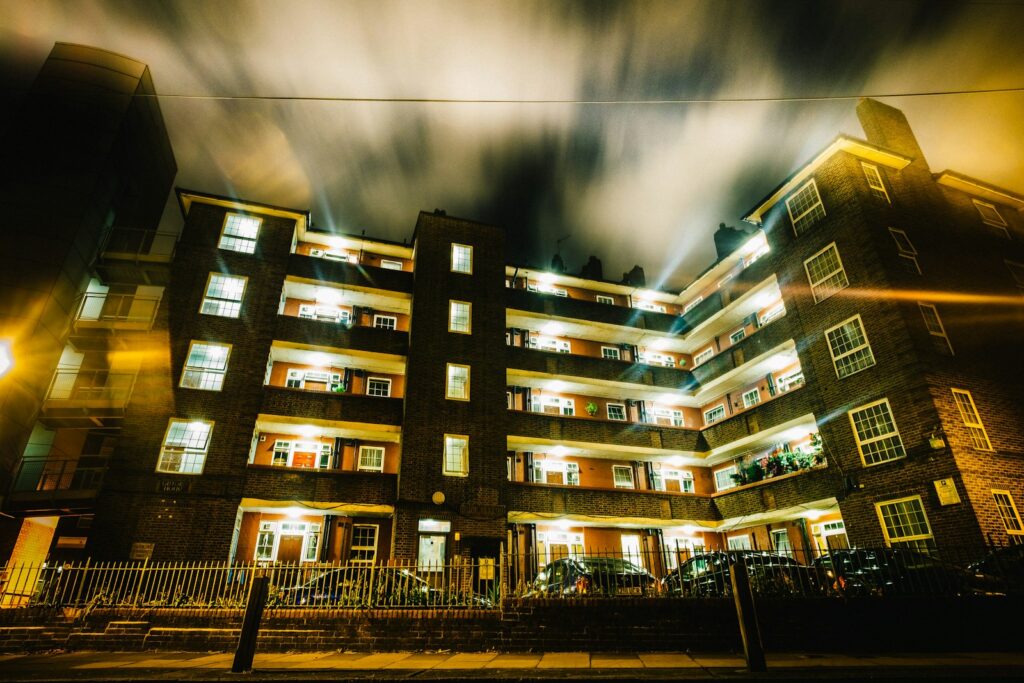
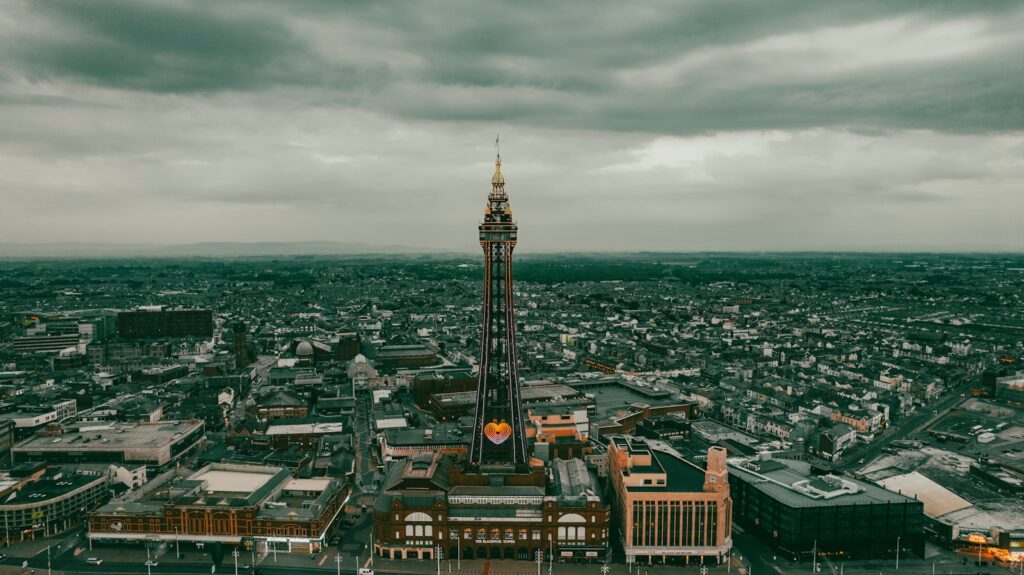
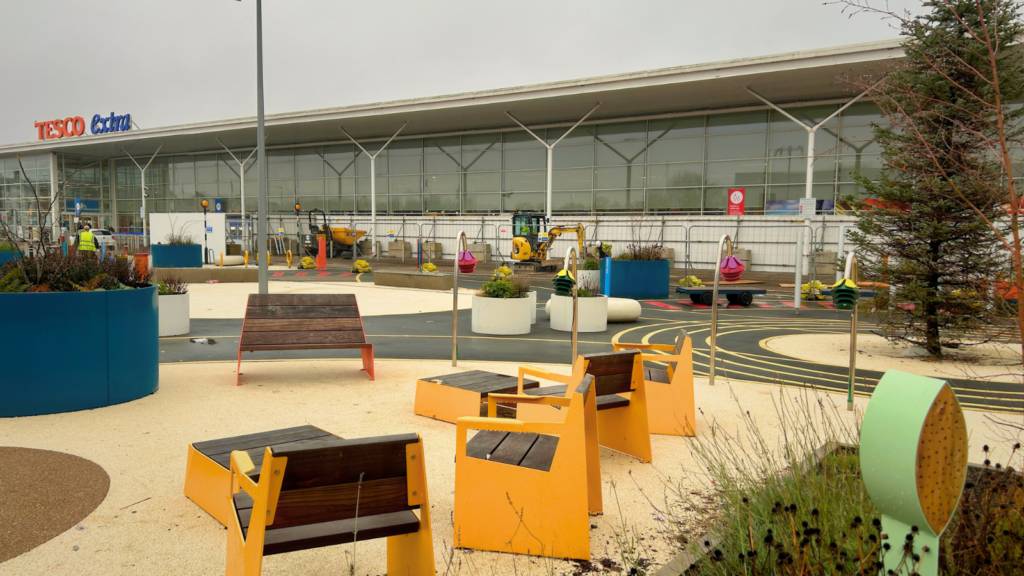
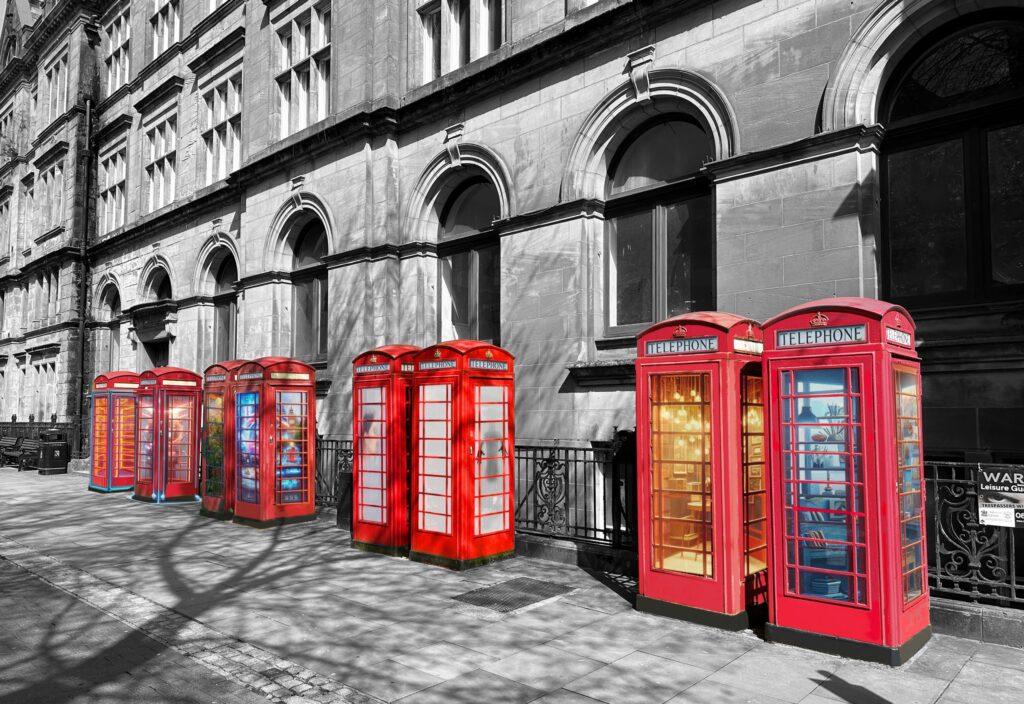

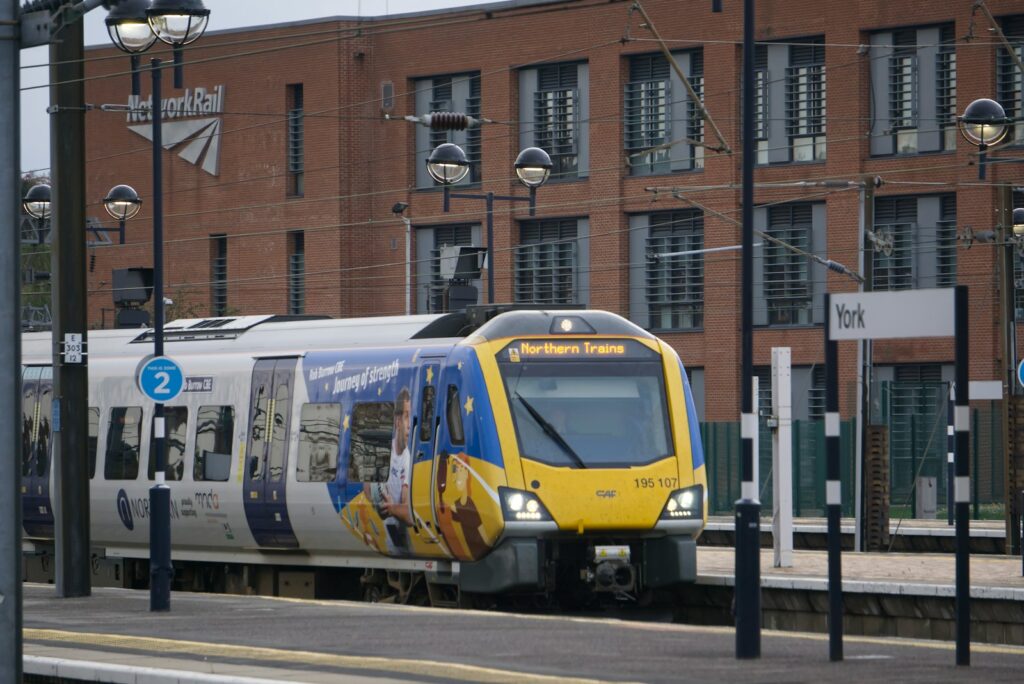
Leave a Reply